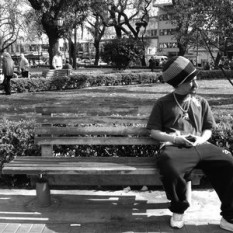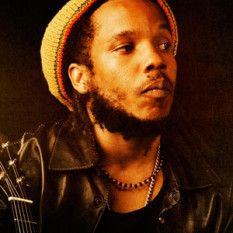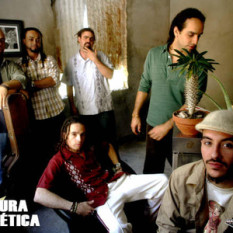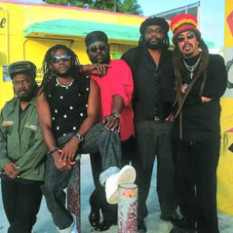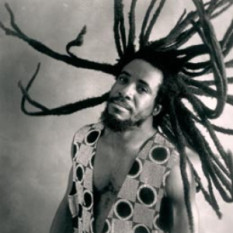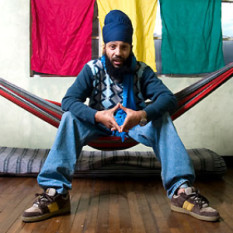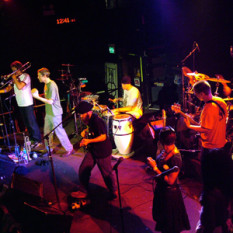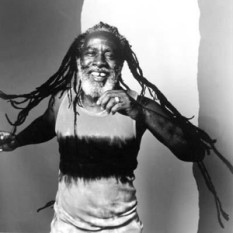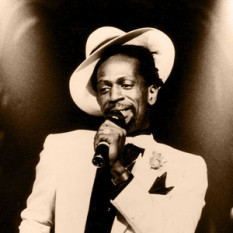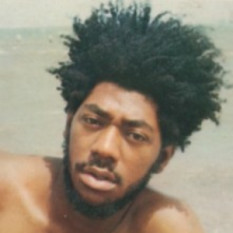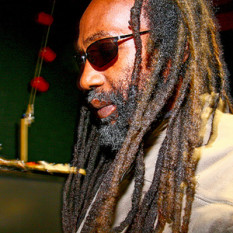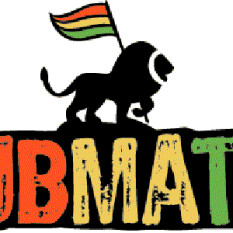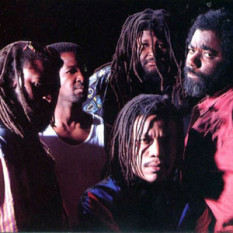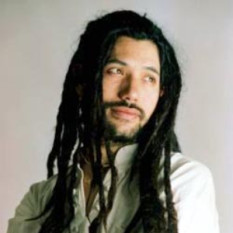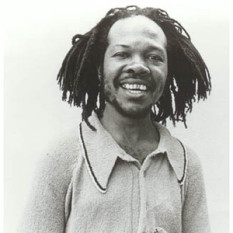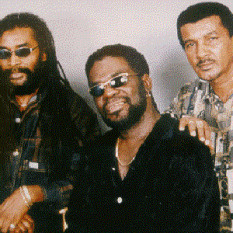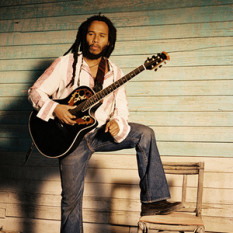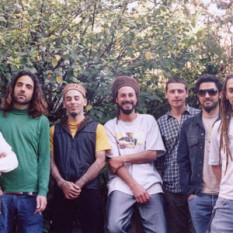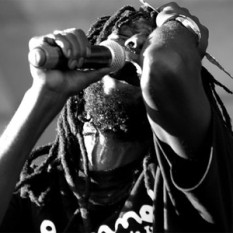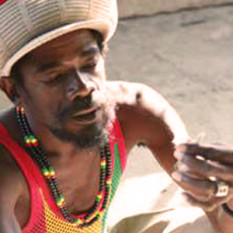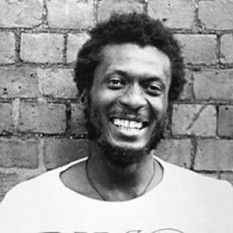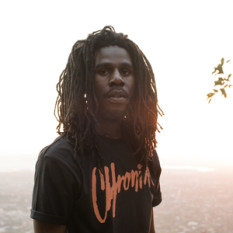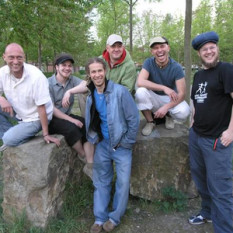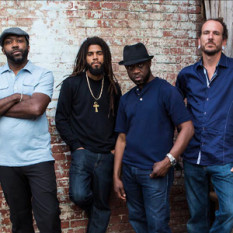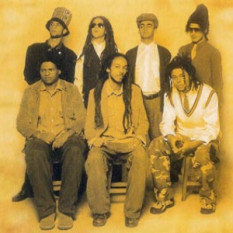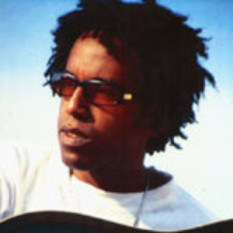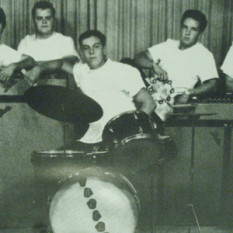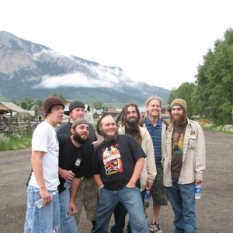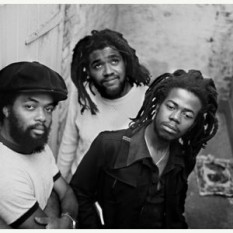Roots reggae is a subgenre of reggae that concerns itself with the life of the ghetto sufferer. Lyrical themes include poverty, social issues, resistance to government oppression, criminality and the wicked Babylon. Many artists are Rastafarians.
The heyday of roots reggae is usually considered to 1969 – 1985 with artists as Bob Marley, Peter Tosh, Jacob Miller, Max Romeo, Horace Andy, Ijahman Levi, Bunny Wailer, Lincoln Thompson, and groups as Black Uhuru, Steel Pulse, Burning Spear, Culture, Abyssinians. Producers were Lee "Scratch" Perry, Bunny Lee, Joseph Hoo Kim and Coxsone Dodd. The experimental pioneering of such producers within often-restricted technological parameters gave birth to dub, and is seen by some music historians as one of the earliest (albeit analogue) contributions to modern dance music production techniques.
Roots reggae, having its origins in the Jamaican landscape, also became very popular in Europe in the 1970ies, specially among left-wing white youths in Western Europe. When Jamaicans turned to dancehall, a lot of black, white and mixed roots reggae bands were formed in Europe. Later on roots reggae also made its way into the United States with the mass migration of Jamaicans to New York. This took place with the reforms made to American immigration laws in the early 1960's. Along with localized traditions and food, reggae music was inevitably brought as well, contributing to the New York City soundscape.
Since the pinnacle of roots reggae in 1970s Jamaica, a internationally renowned reggae scene has been flourishing in the Virgin Islands, especially the island of St. Croix. The Virgin Islands reggae scene has achieved much popularity throughout the Lesser Antilles, Puerto Rico, the United States and Europe. Prominent reggae artists from the Virgin Islands include Pressure, Midnite, Dezarie, Army, Abja, Daga Don, De Apostle, Niyorah, Bambu Station, Inner Visions, Sebattical Addah, Eno, Revalation, Iba Wicked, Jah Rubal and many more...
.

